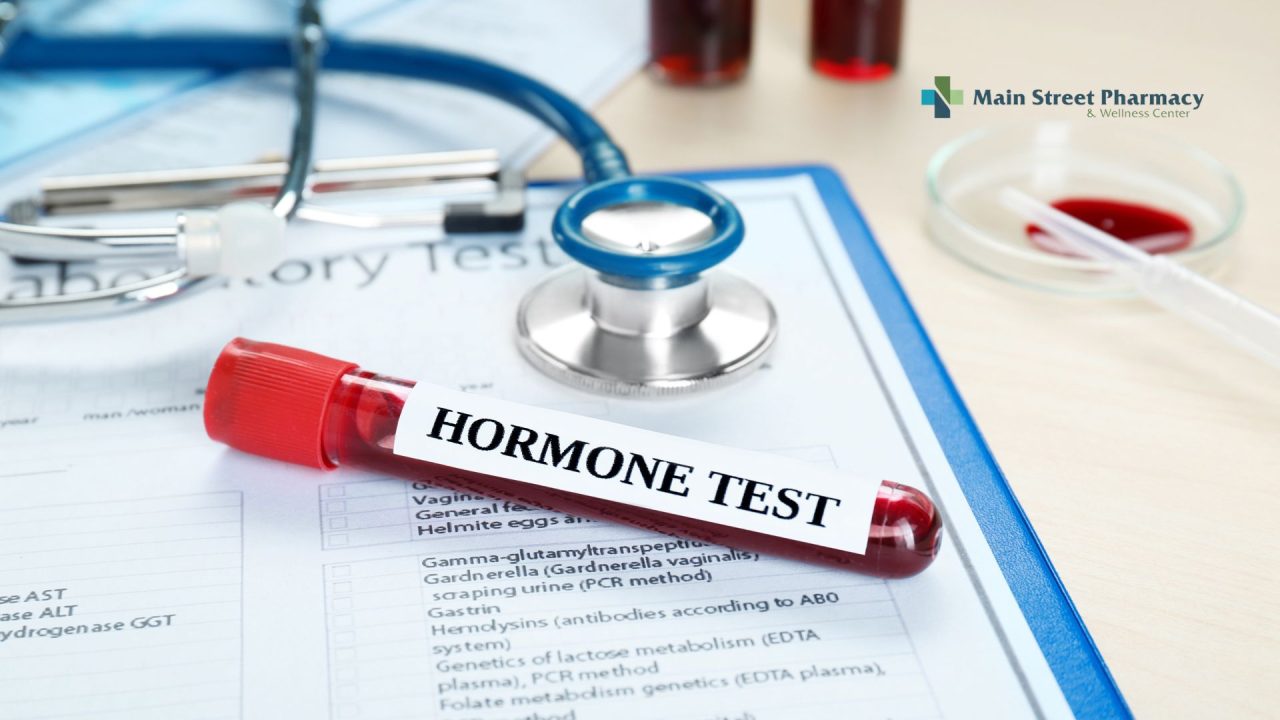Hormones are the body’s chemical messengers, traveling through the bloodstream to tissues and organs to regulate various bodily functions. For women, these chemical messengers play a crucial role in growth, metabolism, mood, and reproductive health. Understanding the complex interplay of hormones can provide insights into various stages of a woman’s life and health issues that may arise.
The Role of Key Hormones
Estrogen: Often referred to as the primary female sex hormone, estrogen is produced mainly in the ovaries. It is responsible for the development of secondary sexual characteristics such as breasts and pubic hair. Estrogen also regulates the menstrual cycle and is crucial for reproductive health. Beyond these roles, estrogen influences bone density, skin health, and cardiovascular function.
Progesterone: Another critical hormone in the female reproductive system, progesterone, is produced in the ovaries following ovulation. It prepares the uterus for pregnancy by thickening the uterine lining, making it suitable for a fertilized egg to implant and grow. If pregnancy does not occur, progesterone levels fall, leading to menstruation. This hormone also plays a role in maintaining a healthy pregnancy.
Testosterone: While testosterone is commonly associated with men, it is also present in women, albeit in smaller amounts. It contributes to muscle strength, libido, and energy levels. An imbalance in testosterone can affect mood and overall well-being.
Follicle-Stimulating Hormone (FSH) and Luteinizing Hormone (LH): These hormones are pivotal in regulating the menstrual cycle and ovulation. FSH stimulates the growth of ovarian follicles, while a surge in LH triggers ovulation, releasing an egg from the ovary.
Hormonal Fluctuations and Life Stages
Puberty: The onset of puberty is marked by a surge in estrogen and other hormones, leading to physical changes such as breast development, growth of body hair, and the start of menstruation. This period can be tumultuous as hormone levels stabilize, often resulting in mood swings and acne.
Menstrual Cycle: Throughout the menstrual cycle, hormone levels fluctuate. The cycle begins with the menstrual phase, where estrogen and progesterone levels are low. As the cycle progresses to the follicular phase, estrogen levels rise, leading to the thickening of the uterine lining. Around mid-cycle, a spike in LH and FSH causes ovulation. If pregnancy does not occur, estrogen and progesterone levels drop, leading to menstruation.
Pregnancy: Pregnancy brings about significant hormonal changes to support the developing fetus. Progesterone and estrogen levels increase dramatically, and new hormones like human chorionic gonadotropin (hCG) are produced. These changes can lead to symptoms such as nausea, fatigue, and mood swings.
Perimenopause and Menopause: As women approach their late 40s or early 50s, they enter perimenopause, a transition period before menopause. During this time, estrogen and progesterone levels become erratic, leading to symptoms such as hot flashes, night sweats, and irregular periods. Menopause is confirmed when a woman has not had a menstrual period for 12 consecutive months. Post-menopause, the body produces much lower levels of estrogen and progesterone, increasing the risk of osteoporosis and cardiovascular disease.
Hormonal Imbalances and Health
Hormonal imbalances can significantly impact a woman’s health. Conditions such as polycystic ovary syndrome (PCOS) are characterized by excess testosterone and insulin resistance, leading to irregular periods, weight gain, and acne. Thyroid disorders, like hypothyroidism and hyperthyroidism, also involve hormonal imbalances and can affect metabolism, energy levels, and mood.
Managing Hormonal Health
Maintaining hormonal balance is crucial for overall well-being. A healthy diet, regular exercise, stress management, and adequate sleep can support hormonal health. In some cases, medical interventions such as hormone replacement therapy (HRT) or medications may be necessary to address imbalances.
In conclusion, hormones play a vital role in every stage of a woman’s life, influencing physical, emotional, and reproductive health. Understanding these complex interactions can help women manage their health better and seek appropriate care when needed.






